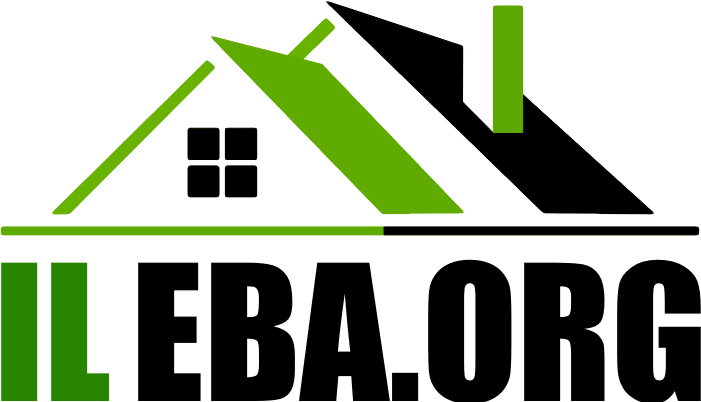Available Grants
1stHomeIllinois
This Illinois Housing Development Authority grant offers first time buyers $7,500 in assistance toward downpayment and closing costs, and a 30-year fixed-rate mortgage on a home in Cook, Marion, St. Clair, or Winnebago county.
Requirements:
- Must be a first-time homebuyer, a veteran, or must have not owned a home in the 3 years prior to closing. Otherwise, buyers must purchase a home in a target area.
- Property must be in Cook, Marion, St. Clair, or Winnebago county
- Contribute greater amount between $1,000 or 1% of the purchase price
- Meet the income and purchase limits along with credit requirements
- Maintain home as your primary residence
- Complete homeownership counseling course
IHDAccess Forgivable/Deferred Loans
The Illinois Housing Development Authority also offers forgivable and deferred-payment loans to qualifying applicants. Forgivable loans offer 4% of purchase price (up to 6,000) to buyers, and completely forgive the grant in monthly installments over 10 years. The Deferred program yields slightly more, loaning buyers up to 5% of purchase price (up to $7,500). These deferred loans accrue no interest and must only be paid when a buyer sells their home, refinances it, or pays off their mortgage completely.
Requirements (same for both):
- Meet the household income and purchase price limits
- Credit score of at least 640
- Contribute greater amount between $1,000 or 1% of the purchase price
- Maintain home as primary residence
- Complete homeownership counseling course
Downpayment Plus and Downpayment Plus Advantage
DPP and DPP Advantage programs are administered by the Federal Home Loan Bank of Chicago and offer eligible members downpayment and closing cost assistance. For both programs, grants totaling a maximum of $6,000 are forgiven on a monthly basis over 5 years.
Requirements:
- Meet household income and purchase price limits
- A program agreement with the FHLBank Chicago
- Contribution of at least $1,000 to purchase
- Completion of counseling and buyer education course
Mortgage Credit Certificates
For the entirety of a mortgage loan, a buyer can enjoy a tax credit based on their loan amount and the interest it accrues. Current rates in Chicagoland are 25% of the loan interest up to $2,000. Basically, buyers receive a yearly tax credit of up to $2,000, which will slightly increase their taxable income, but ultimately save them money when the credit goes toward paying their federal income tax.
Requirements:
- Must be a first-time homebuyer, or must have not owned a home in the 3 years prior to closing. Otherwise, buyers must purchase a home in a target area.
- Meet household income and purchase price limits
HomePath Ready Buyer
Upon completion of the HomePath buyer education course, buyers receive closing cost assistance up to 3% of the loan amount.
Requirements
- Payment for and completion of the $75 HomePath course (money reimbursed upon completion of offer through HomePath’s Online Offers System)
- Course certificate must be submitted by buyer’s agent at time of offer
- Offer must be made through HomePath Online Offers System, and therefore on a home that appears in their system.
- Buyer must move into home within 60 days of closing
Good Neighbor Next Door
Pre-K-12th grade teachers, firefighters, police, and EMTs are eligible to receive assistance of up to 50% of a homes original list price. For a short period, homes in “revitalization areas” appear as exclusively for sale in the Good Neighbor Next Door Sales program. From there, eligible buyers can make offers on homes in their state. If multiple competing offers come in, a buyer will be chosen by lottery.
Requirements:
- Buyer must be a teacher, firefighter, police officer, or EMT
- Live in the home as a primary residence for 3 years
- Must purchase homes in the GNND system.
National Homebuyers Fund
The NHF is a national downpayment assistance grant that covers downpayment and closing costs up to 5% of your total loan amount. It does not require repayment, and can also be offered as a forgivable refinancing option on a homeowner’s second mortgage.
Requirements:
- Live in the home as a primary residence for 3 years
- Meet household income and purchase price limits
A first time buyer grant is a very effective way to reduce the burden of weighty closing costs and downpayments. Real savings have been proven to exist through these grants and other low-or-no interest loan programs. Take the time to research job and neighborhood specific opportunities as well. More savings may be waiting for buyers just like you!

